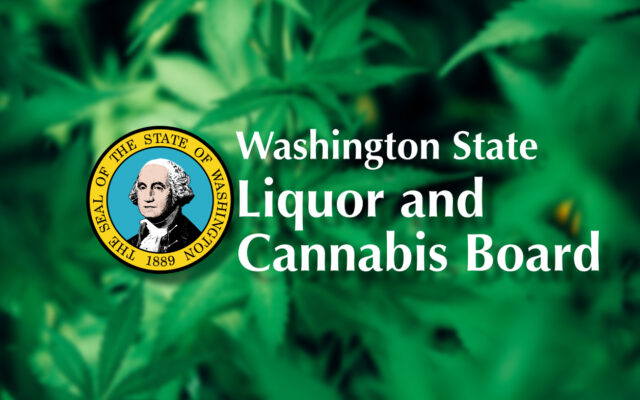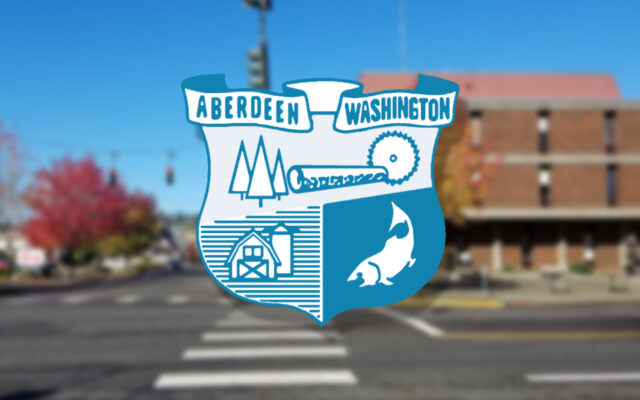Details released on charges against Raymond marijuana processer who converted hemp to THC

The Washington State Liquor and Cannabis Board has come to a settlement with a Raymond based marijuana processor.
In a message from Board Chair David Postman, he said that an issue was initially brought to the board’s attention last year and many licensees expressed concerns to them, although comments were not able to be made during the open investigation.
Following resolution with the company, information is now being shared.
The board this week approved a comprehensive settlement of an enforcement case with Raymond-based processor Unicorn Brands LLC (Unicorn).
The agreement ensures the company will not resume converting hemp into THC and brings an end to the lengthy investigation.
The agency reminded cannabis businesses of the prohibition on the sort of laboratory conversions involved in a case about synthetically derived THC from hemp.
“This was an important case about the integrity of the legal cannabis system voters approved ten years ago and which today flourishes in Washington with a carefully controlled system of production, processing and selling of cannabis to adults.”
According to the board, Unicorn cooperated with the investigation and ceased using the conversion process after the LCB issued a July 2021 policy statement that made clear that synthetically-derived THC from hemp was prohibited under current rules and law.
On October 12, 2021, Enforcement issued an Administrative Violation Notice alleging four violations in connection with Unicorn’s synthesis process:
- Misuse of License
- Criminal Conduct
- Noncompliant Extraction, and
- Traceability Failure
Additionally, because Unicorn had manufactured a controlled substance, Enforcement seized the contraband synthetic cannabis products on October 13, 2021.
After negotiations, the agency and Unicorn reached an agreement to settle these cases.
As part of this settlement, the Enforcement and Education Division has agreed to fully withdraw the alleged criminal conduct charge.
In exchange, Unicorn admits to the remaining three violations: Misuse of License, Noncompliant Extraction, and Traceability Failure.
Unicorn has agreed to pay penalties for the three violations, accept forfeiture of the seized products, and waive further administrative review.
Unicorn has also agreed to the condition that “it shall not use its license to produce or manufacture Delta‑8 THC, Delta-9 THC, or any similar synthetically-produced THC from any hemp-based sources in the State of Washington unless authorized by a change in state law that allows for it.
You Might Also Like



